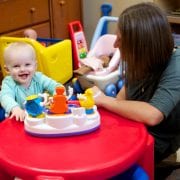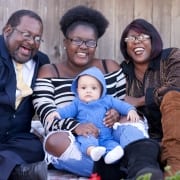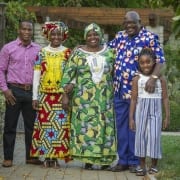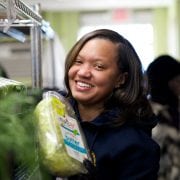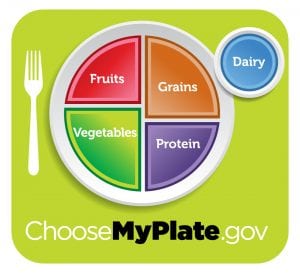Professional Counseling
/in Assists Children, Behavioral Health, Programs & Services /by Hope GebhartProfessional Counseling
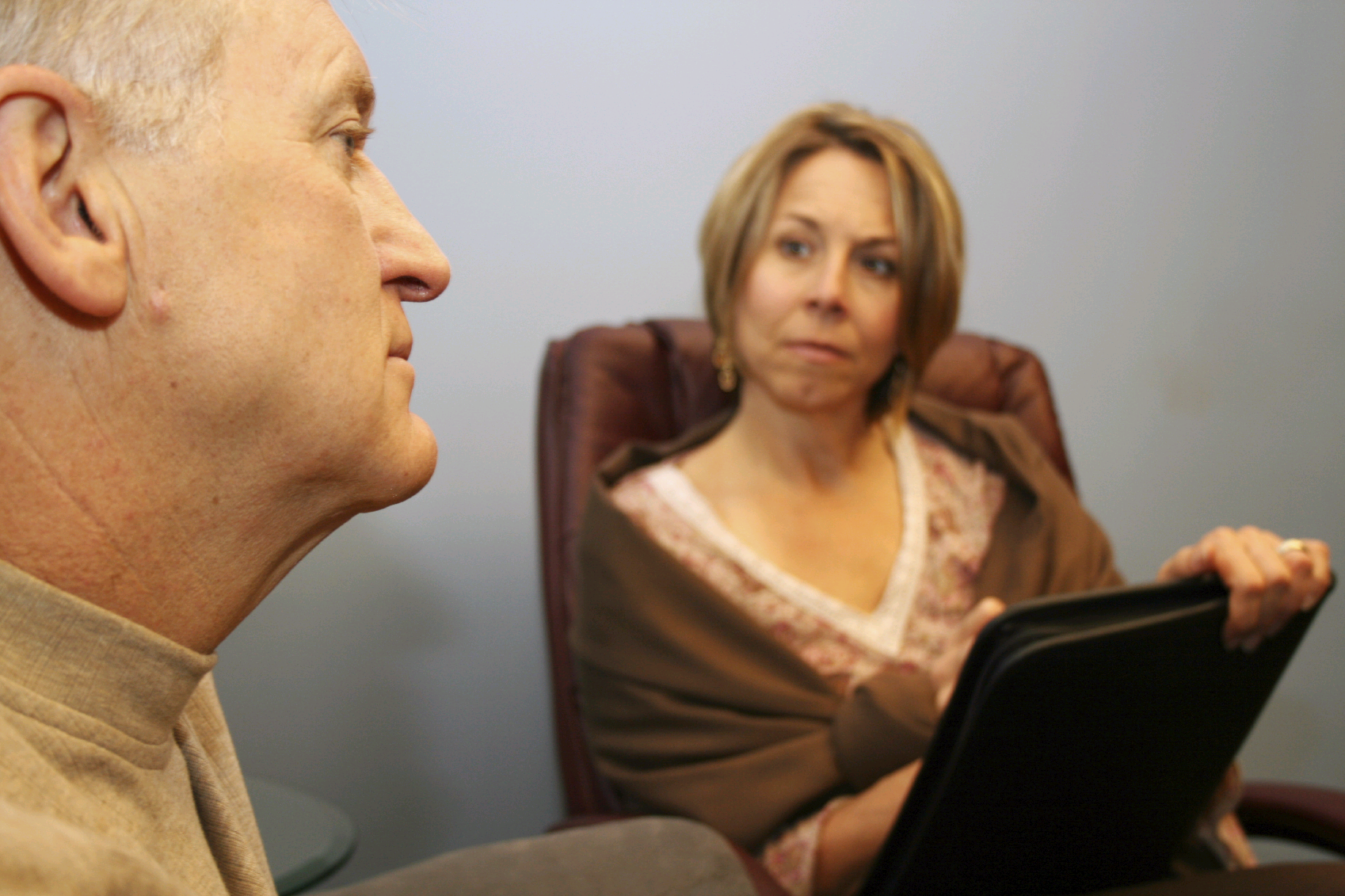
Are you going through interpersonal or emotional challenges that make your daily life more difficult? Our professional counseling team is here to help. Our counselors can help you deal with depression, anxiety, trauma, behavior issues, relationship problems, grief, domestic violence, adjustment to illness, post-adoption emotions, and many other issues. We offer professional counseling for individuals, couples and families, and we work with children age 5 and up.
Frequently Asked Questions
What does therapy entail?
The counseling process begins with a short period of assessment that may take up to 2-4 visits. In this time the therapist is becoming familiar with you and your goals and the barriers you are encountering. After this, you and the therapist work together to develop a treatment plan that outlines your goals and the steps we will take to achieve these. In other words, we are asking, “What do you want? And how will we know when you achieve that?” The treatment process may be brief (6-10 sessions), or extend longer if you feel that more work is needed to resolve your problems to your satisfaction.
How long are counseling sessions?
Generally, sessions are held weekly or twice a month, and each session lasts about 50 minutes.
Many people resolve their concerns in a few sessions. Most treatment is short-term with 10 or fewer sessions.
Is this religious-based counseling?
No, it is not pastoral counseling. Our professional, licensed counselors offer assistance to people in need regardless of religion or ethnic background.
Do you accept my insurance?
We accept most private insurance as well as Medicaid. Please talk with our office staff to see if your plan is accepted. Please check with your insurance provider for the specific details of your plan’s coverage.
What if I don’t have insurance for mental health care?
We use a sliding scale to make treatment more affordable for those who don’t have insurance or whose insurance doesn’t cover mental health services.
How do I schedule an appointment?
If you are interested in pursuing counseling at Catholic Social Services, the next step is to call our Sidney office at 937.498.4593.
Eligibility
Professional counseling services are available through our Northern Counties office in Sidney. Services are offered both in-office and through telehealth.
Contact
Call our Sidney, Ohio office at 937.498.4593.
Location
Northern Counties Office
100 S. Main Avenue, Suite 101
Sidney, Ohio 45365
Supervised Visitation
/in Assists Children, Montgomery, Supervised Visitation & Exchange, Top Level Program Category /by atomicSupervised Visitation
Erma’s House Family Visitation Center
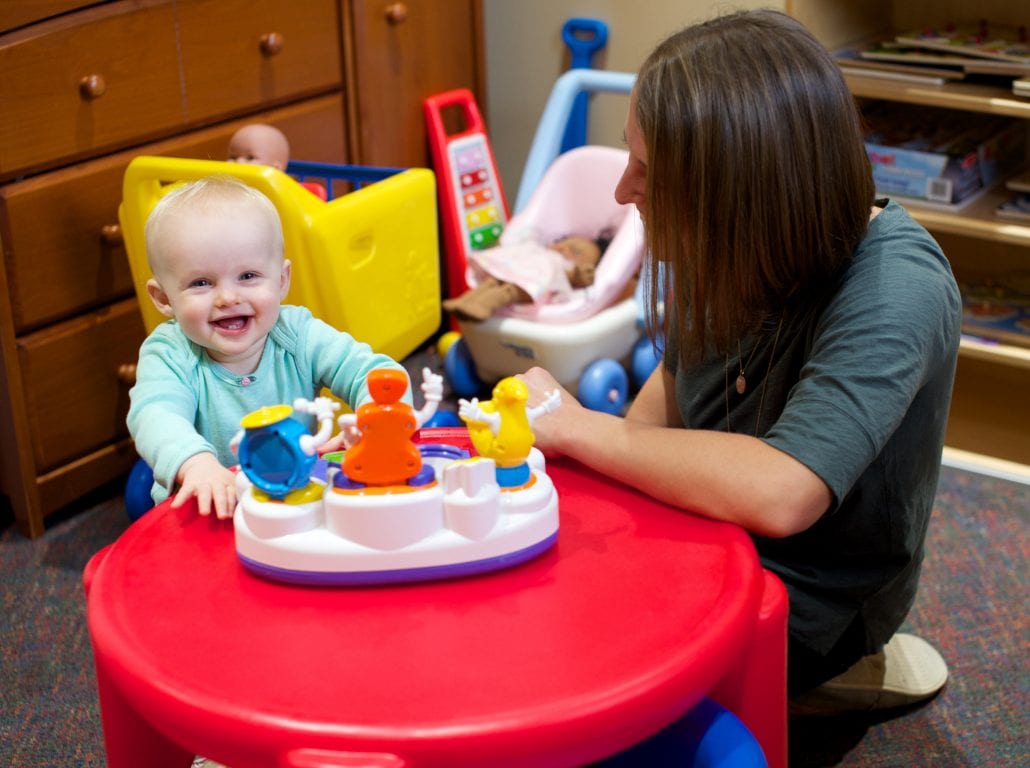
Referral and Application Forms
After going through the Council on Accreditation (COA) review process for the first time in 2017, Erma’s House was held up as “a model for other organizations.”
In a perfect world, parents would never need to have supervised visitation with their children. But sometimes, in addition to losing custody, parents are deemed — by the courts, safety net professionals, children’s services, and sometimes even by themselves — as not being in a good place to spend unsupervised time with their own children.
As these parents work to remediate their personal issues, it remains important for them to retain, and perhaps repair, their relationship with their children in a safe, monitored and judgement-free environment. In Montgomery County, Catholic Social Services’ supervised visitation program has been meeting that need since 1997 at Erma’s House Family Visitation Center.
Frequently Asked Questions
Why would someone need supervised visitation?
The need for supervised visitation may be due to issues related to divorce or separation, protection or restraining orders between parties, child abuse or neglect issues, safety concerns or other issues where a neutral setting can increase a family’s level of comfort or safety. Supervised visitation provides an opportunity for children to maintain relationships with their noncustodial parents while these issues are being resolved.
What services are available at Erma’s House?
Located just a few minutes south of downtown Dayton, Erma’s House Family Visitation Center offers a warm, friendly atmosphere where children can spend time with their noncustodial parents.
Erma’s House was created to assist families who have difficulty interacting in an appropriate, non-threatening manner. This comfortable, home-like setting is a safe, structured, neutral alternative to unsupervised visits. The facility and its “house rules” are structured to provide safety to both the children and the parents/guardians.
Supervised Visits / Parenting Time
Visits between children and their noncustodial parents are closely observed by trained visitation monitors who document activities and who will intervene, if necessary, to ensure the physical or emotional safety of the child.
Supervised Exchanges
Exchanges are for parents who do not require supervised visitation, but who need to be able to make the exchange without interacting with the other parent. The exchange is monitored by a visitation supervisor.
When are these services available?
Erma’s House hosts supervised visits on Wednesday and Thursday evenings and on Sunday afternoons. Most visits last one to two hours, and a variety of toys, games and activities are available for families’ use during visits.
Supervised exchanges are offered on Wednesday evenings, Fridays and Sundays, every other week.
The scheduling of visitations and exchanges is managed by the staff of Erma’s House, with input from the parents/guardians.
Who supervises the visits?
Erma’s House has staff, volunteers and interns who are thoroughly trained to monitor and document each visit, as well as to appropriately intervene if necessary. Their primary concern is ensuring the safety and well-being of everyone using the center.
How do families gain access to Erma’s House?
To utilize the services at Erma’s House, a family must be referred by a third party such as Montgomery County Children Services, a Court Appointed Special Advocate (CASA), a guardian ad litem (GAL), a mental health professional or social worker, or the family or criminal courts.
At least one of the parents/guardians must live in Montgomery County.
How do children benefit from supervised visitation?
It allows the children to maintain a relationship with both of their parents, something that is generally found to be an important factor in the positive adjustment to family dissolution.
It allows them to anticipate the visits without the stress of worrying about what is going to happen, and to enjoy them in a safe, comfortable environment without having to be put in the middle of their parents’ conflict and/or other problems.
How do custodial parents benefit from supervised visitation?
You do not have to communicate or have contact with a person with whom you are in conflict or by whom you might be frightened or intimidated. The arrangements can be made by a neutral party, and there does not have to be contact between the parents/guardians before, during, or after the visits.
You can relax and feel comfortable allowing your child to have contact with the other parent, and you can get some valuable time to yourself.
How do non-custodial parents benefit from supervised visitation?
You can be sure that your contact with your children does not have to be interrupted, regardless of any personal or interpersonal problems you may be having.
If allegations have been made against you, which is often the case when supervision is ordered, you can visit without fear of any new accusations because there is someone present who can verify what happened during your time together. When using a professional service like Erma’s House, you can also be assured that the supervisors are neutral and objective.
What is the history of Erma’s House?
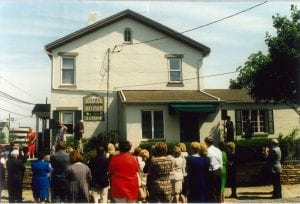
The original Erma’s House facility was next door to the current location at CSSMV’s Center for Families.
The Montgomery County Child Protection Task Force was convened in 1993 by the Board of County Commissioners in response to the community’s growing concern about child protection issues. In February of 1995, their year-long study resulted in a 90-page report titled “A Community That Supports Families and Protects Children.” Based on the 56 recommendations in the report, a Child Protection Work Group was formed and began working toward the establishment of a Family Visitation Center.
Enter Catholic Social Services of the Miami Valley. With collaboration and support from community partners such as Miami Valley Hospital, Junior League of Dayton, Montgomery County Domestic Relations Court, Dayton Municipal Court, Montgomery County Juvenile Court, Montgomery County Children Services, the Board of MRDD (now known as the Montgomery County Board of Developmental Disabilities Services), the City of Dayton, the University of Dayton, and other social service agencies, Catholic Social Services was approached to operate the new family visitation center. An advisory board from the community partners was formed to assist in developing policies and procedures, house rules, set-up details, and furnishings.
The intent was to design a program to establish a safe, home-like environment where children could visit with their non-residential parents in an atmosphere conducive to a nurturing interchange between the parent and child.
When Erma’s House Family Visitation Center opened in 1997, its home was the building on Brown Street that had housed Womanline, an organization dedicated to counseling and helping women since 1971. (Womanline had moved to a new location.) Nine years later, in August of 2006, Erma’s House relocated to the new Catholic Social Services Center for Families at 1046 Brown Street, where it operates today.
SUPERVISED VISITS AT ERMA’S HOUSE IN 2023
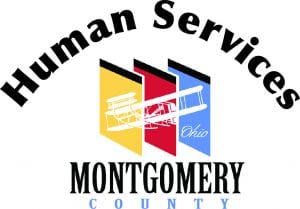
Eligibility
Families must be referred to Erma’s House by a third party such as Montgomery County Children Services, a Court Appointed Special Advocate (CASA), a guardian ad litem (GAL), a mental health professional or social worker, or the family or criminal courts. At least one of the child’s parents/guardians must live in Montgomery County.
Contact
For more information about Erma’s House, call (937) 586-9586.
Location
Erma’s House
CSSMV Center for Families
1046 Brown Street
Dayton, Ohio 45409
Pregnancy & Parenting Support
/in Assists Children, Auglaize, Champaign, Darke, Greene, Logan, Mercer, Miami, Montgomery, Preble, Programs & Services, Shelby, Top Level Program Category /by atomicPregnancy & Parenting Support
Refugee Services
/in Assists Children, Programs & Services, Refugee Resettlement, Top Level Program Category /by atomicRefugee Services
Among Catholic Social Services’ programs, refugee resettlement has the most dramatic and immediate impact on the lives of those served. With remarkable strength and perseverance, these men, women and children have fled their homes to undertake the long journey to escape persecution, war and violence. On average, refugees wait 10 years before they are relocated to a new country. They are met at the airport after an exhausting trip that may have spanned several continents. They often have little in the way of personal effects after years in refugee camps. They are strangers in a strange land, but they have hope for a new, better life.
Official refugee status is conferred through the United Nations High Commissioner for Refugees (UNHCR), and is just one of many steps in a long and complex process. By the time refugees arrived in Dayton, Ohio, they had been through a rigorous vetting process that typically takes 18 to 24 months.
Frequently Asked Questions
What’s the difference between an immigrant and a refugee?
Refugees are people forced to flee their own country and seek safety in another country. They are unable to return to their own country because of feared persecution as a result of who they are, what they believe in or say, or because of armed conflict, violence or serious public disorder. Many have been forced to flee with little more than the clothes on their back, leaving behind their homes, possessions, jobs and loved ones. They may have suffered human rights violations, been injured in their flight, or seen family members or friends killed or attacked. The United Nations and the United States allow refugees to have protected status. The U.S. permits them to be here through a special visa. They are then expected to get their green card within a year and apply for citizenship after five years.
Immigrants choose to move to another country, often for economic, social, or personal reasons, and are not forced to leave their home country due to persecution or conflict. Unlike refugees, immigrants are free to return to their home country if they choose to do so.
Are refugees undocumented immigrants?
No.
To be officially classified as a refugee, a person has to flee his or her native country and apply to the United Nations High Commissioner for Refugees (UNHCR) for protection and refugee status. There are many subsequent steps before a refugee ever gets to the United States, including extensive vetting by the U.S. government agencies.
By the time they get here, they have been through an 18-24 month screening process and are legally authorized to be resettled in this country. Refugees are subject to the highest level of security checks of any category of traveler to the United States.
Where did refugees living in Dayton come from?
In recent years, new arrivals resettling in Dayton have come from countries including:
- Democratic Republic of Congo
- Sudan
- Afghanistan
- Eritrea
- Venezuela
- Republic of South Sudan
- Iraq
- Iran
How can I help?
Thanks for asking!
If you are a local employer or landlord interested in working with us, please call (937) 223-7217 and ask for the Refugee Services department.
For information about our current volunteer and donation needs, please visit the You Can Help section of this website.
What does CSSMV do to help refugees in Dayton?
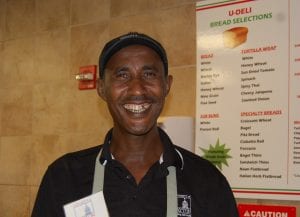 For refugees, employment is a vital step toward achieving self-sufficiency. New arrivals are eager to build strong foundations for themselves and their families here in the Miami Valley.
For refugees, employment is a vital step toward achieving self-sufficiency. New arrivals are eager to build strong foundations for themselves and their families here in the Miami Valley.
Refugees are legally allowed to work immediately upon their arrival in the United States. Our refugee resettlement team works with each individual to assess their existing skills, help them with resumes and job applications, provide job readiness training, and help manage expectations.
We also work closely with local employers, to match job skills to the employers’ needs and help ensure a positive experience for the business as well as the new employee.
Our program boasts a high employment rate within the first year of resettlement. That means within about six to nine months, most people are entering their first job after coming to Dayton. And it takes about that much time — six months of English classes, six months of employment and job skills training. We also see many of the refugees taking the same paths that many American-born citizens do, seeking job upgrades after a year and attaining second employment.
If you are a Dayton-area employer who would like to learn more about hiring refugees, call (937) 223-7217 and ask to talk with a refugee employment specialist.
“Attracting capable, reliable workers is a significant challenge and we are thrilled that we have been able to support the refugee community while at the same time meeting the needs of Dayton’s employers.” — Tom Maher, President & CEO, Manpower of Dayton
Imagine being forced to leave your home and move to another country. You have little or no choice in choosing the country you’re going to, and you don’t know the language or what the culture is like. Your job skills may not be transferable to the local economy where you’re going. Even the food is completely foreign to you.
Many of our new arrivals are multi-lingual, but English may not be one of the languages they know. And some are illiterate, even in their primary languages. Linking refugees with ESOL classes (English for Speakers of Other Languages) is one of our first steps when needed.
While each person’s needs are unique, there are key types of community resources that are beneficial to most of the individuals and families we serve. Our refugee resettlement team has worked diligently to build great relationships with local partners and help them understand how to best serve this vulnerable population. Our case managers connect their clients directly with the appropriate community resources to assist with things like:
- Medical care and establishing a medical home
- Mental health and trauma counseling
- Job skills training
- Tutoring for children and adults
- School enrollment
- Case planning for self-sufficiency
UNHCR, the United Nations’ refugee agency, tracks data about refugees and other displaced people worldwide.
Eligibility
Refugees being served by CSSMV were resettled in our community after going through an extensive process including review by the United Nations High Commissioner for Refugees (UNHCR) and the U.S. State Department.
Contact
For information about our refugee services program, call (937) 223-7217.
Location
CSSMV Refugee Services
Center for Families
1046 Brown Street
Dayton, Ohio 45409
Choice Food Pantry
/in Assists Children, Family Stabilization & Success, Montgomery /by atomicChoice Food Pantry
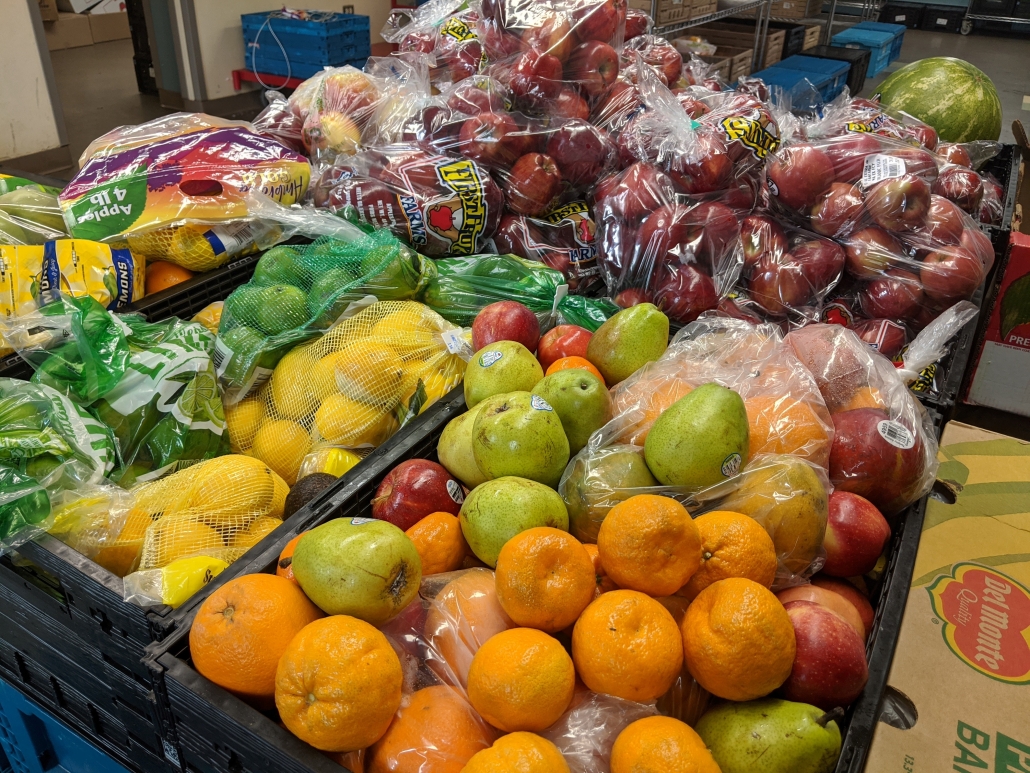
Thanks to our key partners:
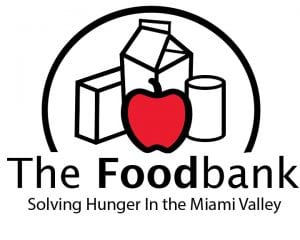
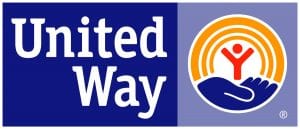
Catholic Social Services’ Choice Food Pantry is one of the busiest pantries in Montgomery County, serving residents of neighborhoods in west and northwest Dayton with especially high rates of poverty, unemployment and underemployment. Our service area includes the 45402, 45405, 45406, 45417 and 45428 zip codes. While many food pantries are only open once or twice a week, we are open Monday through Friday mornings to meet the needs of our neighbors experiencing food insecurity. (The only exceptions are major holidays and the first Friday of each month.) Pantry clients include the working poor, senior citizens, and persons with disabilities. Clients can also access the services of a case manager who can provide information and linkages to other necessary social service programs, and can also provide one-on-one case management through our Family Stabilization Services.
Frequently Asked Questions
When is the pantry open?
Our pantry is open on Monday through Friday, from 9:30 to 11:30 a.m.
We are CLOSED on the first Friday of every month, and on major holidays.
How much food do you give people?
Those who are eligible to access our pantry can receive full service once every 30 days. Based on the size of the household, we provide enough food to last for about five days. Emergency food pantries like ours are designed to supplement the food people can purchase for themselves with their own income and other benefits like SNAP.
We do also make fresh produce available on a daily basis, with no restriction on how often clients can come back for just these items.
What if I‘m homebound and can’t get to the pantry?
If you are homebound and want to designate another person to visit the pantry on your behalf, you must provide us with…
- A completed proxy form that includes a phone number where we can contact you. (Download the form HERE.) The person you designate must have the completed proxy form with them when they come to the pantry. A staff member will call to verify that the individual has your permission to pick up food for you. You can change this at any time.
- Documentation of household income below 200% of poverty level. Not sure if you meet this criterion? View the household income limits HERE.
Call (937) 223-7217 ext.1114 if you have questions about this documentation.
What if I need food, but don’t live in your service area?
Area food pantries are designated to serve residents of specific zip codes. If you live in the Dayton area and need to find a food pantry for your zip code, you can call United Way’s 24-hour “HelpLink 2-1-1” service, at (937) 225-3000.
What is a "choice" pantry?
Instead of receiving a pre-packaged box or bag of groceries from our pantry, our clients get to select the items they want based on their household size. The “choice” model respects the dignity of the client, and also helps reduce waste, as people aren’t taking home food items their families don’t like or might even be allergic to.
Where does the food come from?
 Most of the food we distribute comes to us through The Foodbank. We also receive donations from individuals, families, churches, businesses, schools and other community partners. Because we sometimes have need of items that have not come to us through these sources, we do also supplement our pantry shelves with items purchased through a wholesale source.
Most of the food we distribute comes to us through The Foodbank. We also receive donations from individuals, families, churches, businesses, schools and other community partners. Because we sometimes have need of items that have not come to us through these sources, we do also supplement our pantry shelves with items purchased through a wholesale source.
Can I volunteer in the pantry?
The Choice Food Pantry relies on many volunteers, and we’re always looking for more. We work with both individuals and groups, and volunteer service can be a one-time or ongoing opportunity. Call our volunteer coordinator at (937) 223-7217 ext.1130 for more information.
How many people does CSSMV’s pantry serve?
Here are some statistics from 2023:
- 13,405 unduplicated individuals served*
- 6,277 unduplicated families/households served*
- 26,338 full distributions
- 3,451 partial distributions (fruits & vegetables only)
*Each individual or family/household was only counted once, regardless of the number of times they were served by the pantry.
Eligibility
Eligibility requires household income below 200% of poverty level. Not sure if you qualify? View the household eligibility guidelines provided to us by the Ohio Department of Job and Family Services.
Contact
For more information about pantry services and eligibility, or if you’re interested in donating food items, please call (937) 223-7217 ext.1114.
Location
922 W. Riverview Avenue
Dayton, Ohio 45402
Pantry entrance is on the Orth Avenue side of the building.

Eckerle Administration Center
922 West Riverview Avenue
Dayton, OH 45402
(937) 223-7217 or (800) 300-2937
General email: cssmv@cssmv.org
Navigation
Latest News
- CEO LAURA ROESCH TO STEP DOWN AFTER 16 YEARS OF LEADERSHIPDecember 15, 2025 - 10:09 am
Press Release CATHOLIC SOCIAL SERVICES OF THE MIAMI VALLEY ANNOUNCES CEO LAURA ROESCH TO STEP DOWN AFTER 16 YEARS OF LEADERSHIP DAYTON, OH – December 15, 2025 – A well-known community leader is transitioning to a new role. Laura J. Roesch has announced her resignation from her position as Chief Executive Officer of Catholic Social […]



